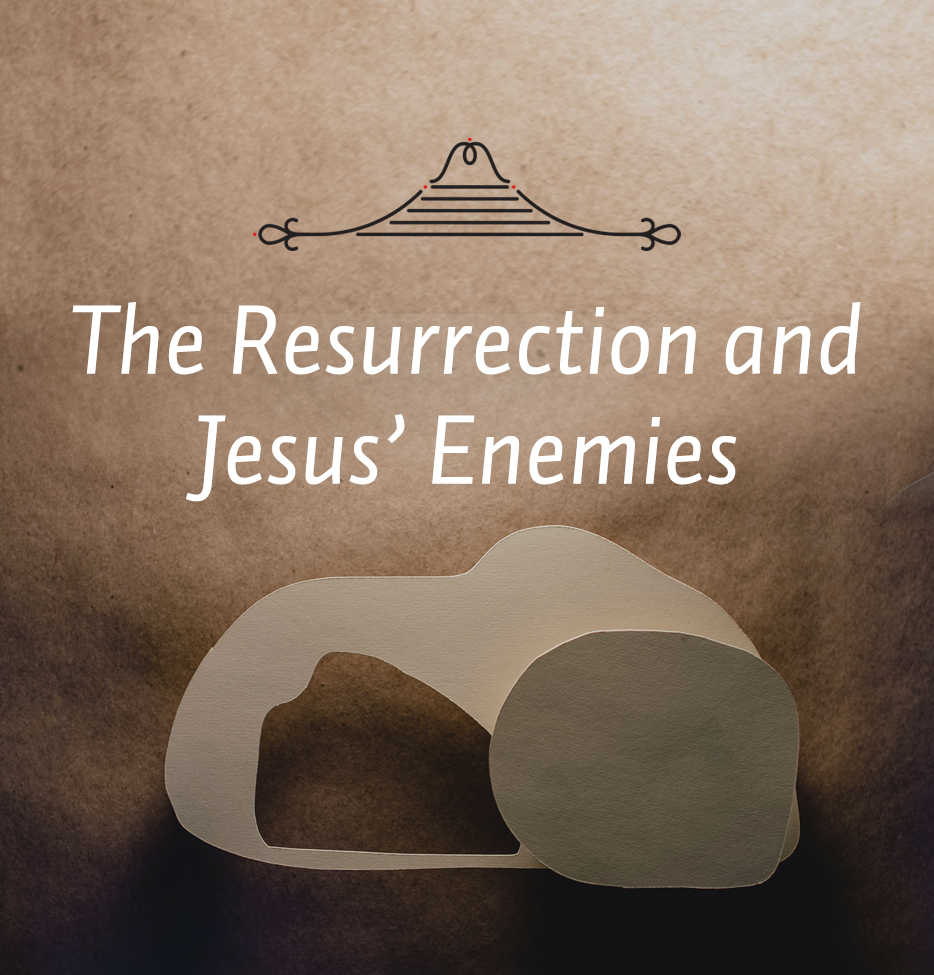If we are to have renewed minds, we need to stop thinking about ourselves and other people as the world thinks of itself and others and instead begin operating within a biblical framework.
But what does that mean? Well, when we turn to the Bible to see what it has to say about human beings, we find two surprising things. First we find that, according to the Bible, man is far more important and more valuable than the humanists imagine him to be. But in his fallen condition, we also find that he is much worse than the humanists suppose.
Let’s take the fact that human beings are more valuable than humanists imagine. The Bible teaches this at the very beginning of Genesis when it reports God as saying, “Let us make man in our image, in our likeness” (Gen. 1:26). We are then told, “So God created man in his own image, in the image of God he created him; male and female he created them” (v. 27).
Just a few chapters further on in Genesis, the fact that man is made in God’s image is the reason given why we are not to murder other people and why murderers should themselves be punished by death, since they devalued another individual’s life, taking it lightly: “Whoever sheds the blood of man, by man shall his blood be shed; for in the image of God has God made man” (Gen. 9:6).
What does it mean to be made in the image of God? Bible students have debated the full meaning of that for centuries, which is not surprising since being made in God’s image means to be like God and God is above and far beyond us, beyond even our full understanding. Yet the situation is not hopeless. Here are some things we can point to.
Personality. To be made in God’s image means to possess the attributes of personality, as God Himself does, but the animals, plants and matter do not. This involves knowledge, memory, feelings, and a will. Of course, there is a sense in which animals possess what we call personalities, meaning that individuals in a species sometimes have behavior patterns that differ from others in the species. But animals do not create. They do not love or worship. Personality, in the sense I am writing about here, is something that links human beings to God but does not link either God or man to the rest of creation.
Morality. The second facet of being made in the image of God is morality, for God is a moral God and those made in His image are made with the capacity of discerning between what is right and wrong, between good and evil. This involves the further elements of freedom and responsibility. To be sure, the freedom of human beings is not absolute, as God’s freedom is. We are not free to do all things. We are limited. Nevertheless, our freedom is a true freedom, even when we use it wrongly. Adam and Eve used their freedom wrongly when they sinned. They lost their original righteousness as a result. But they were still free to sin, and they were free in their sinful state afterward in the sense that they were still able to make right and wrong choices. Moreover, they continued to be responsible for them.
Spirituality. The third part of being made in the image of God is spirituality, which means that human beings are able to have fellowship with God. Nothing can be greater than that for human beings, and the Westminster Shorter Catechism says it well when it says that “man’s chief end is to glorify God and to enjoy him forever.”
Perhaps at this point we are beginning to see why secular humanism is so bad and not just a less attractive option than Christianity. Humanism sounds like it is focusing on man and elevating man, but it actually strips away the most valuable parts of human nature. As far as personality goes, it reduces us to mere animal urges, as Sigmund Freud tried to do. As far as morality goes, instead of remaining responsible moral agents, which is our glory, we are turned into mere products of our environment or our genetic makeup, as B. F. Skinner asserts. As far as spirituality is concerned, well, how can we maintain a relationship to God if there is no God and we are made the measure of all things?
To refer again to Aleksandr Solzhenitsyn, in humanism “things higher, warmer, and purer” are drowned out by “today’s mass living habits and TV stupor.” We can make engrossing five-minute TV videos or commercials, but we no longer build cathedrals.






